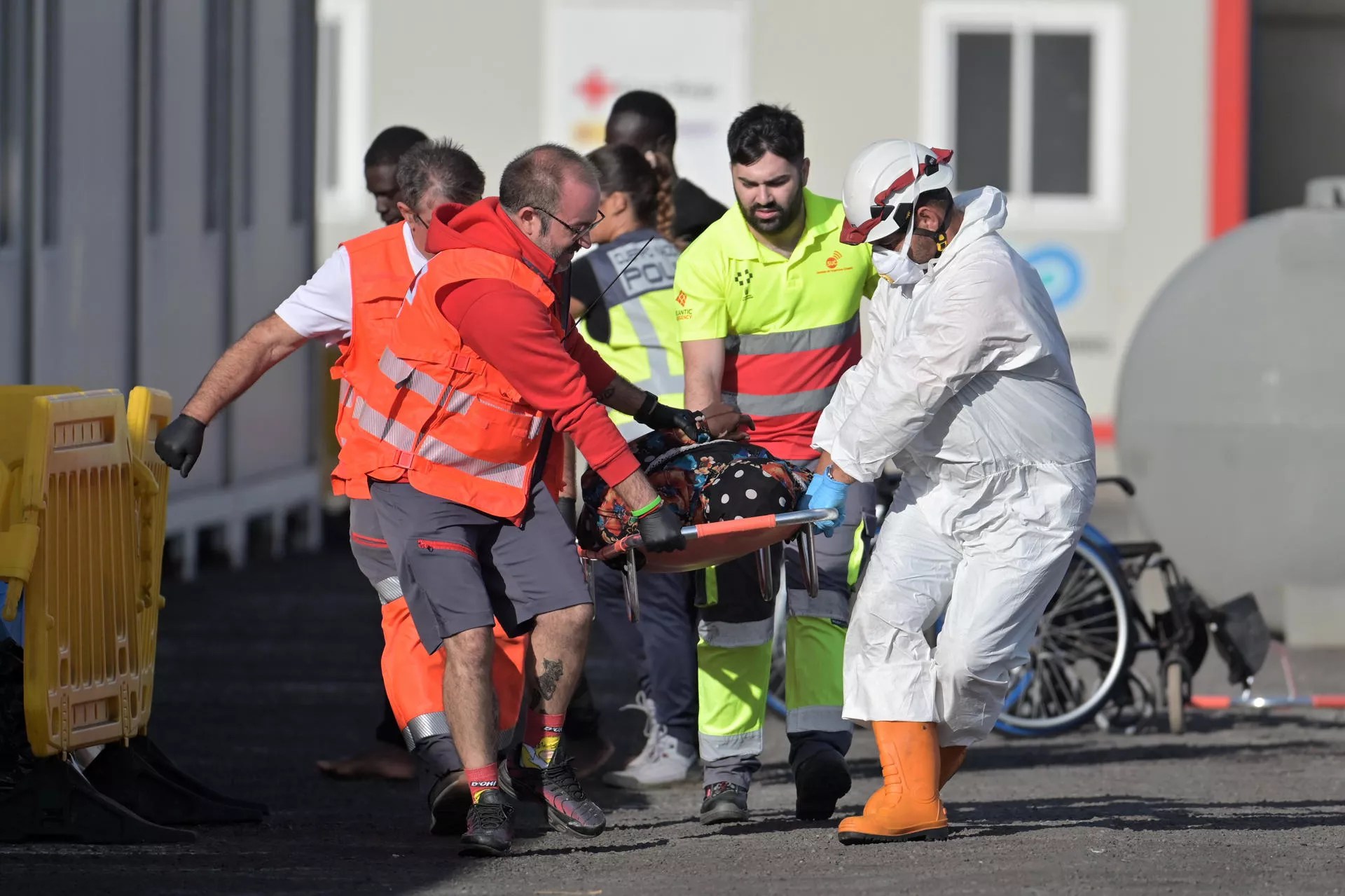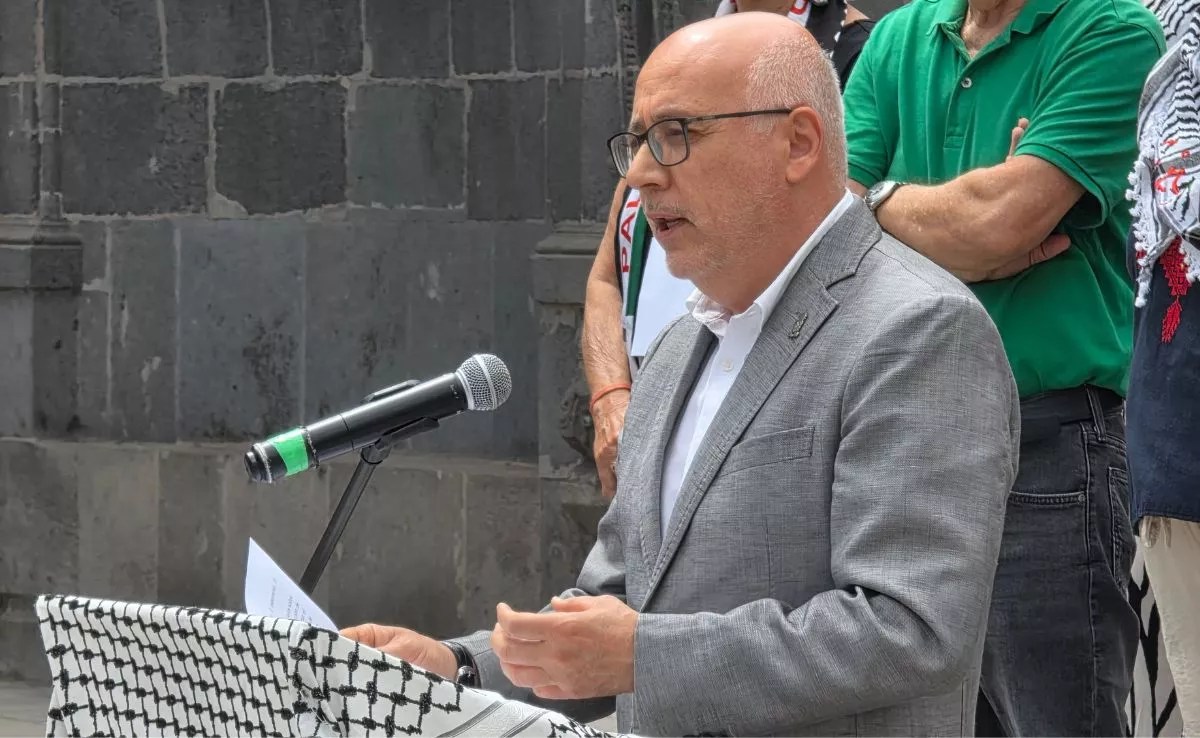What began as a chat among friends following a visit to the bathroom at El Médano Beach transformed into an international cooperation initiative that has profoundly impacted the lives of countless children and families in Gambia. Now, nearly a decade after its inception, the Canarian Solidarios Association continues to advocate for advancements in the self-sustainable educational centre they established in the village of Jalokoto. As described by the founding members, “they are not wealthy individuals or renowned thinkers,” but rather people who began with modest resources and unwavering resolve: to assist those in greatest need, always with the Canary Islands at heart.
“We embarked on this journey without a clear understanding of where it would lead us. We were four friends who had recently enjoyed a day at a beach in El Médano,” reminisces Toño Mendoza, one of the founders. In August 2015, a simple yet sincere idea took root: to travel to Ethiopia and lend support in any way possible. Fate played a role here, as Carlos Sánchez, another key figure in the project, had adopted a child from Ethiopia. From that informal discussion, with no set plans, Canarian solidarity was born. The rest is history.
After evaluating several options and considering various destinations, logistical challenges and the need for additional volunteers necessitated a more feasible alternative. Gambia emerged as a more accessible choice: just a two-hour flight from Gran Canaria on a direct Binter service available at the time. Thus, lacking substantial resources or prior experience, they set out on this lengthy journey.
In their inaugural year, the initiative delivered a thousand kilograms of educational and sports equipment to different areas in Gambia, in addition to 10,000 euros and bags of rice for numerous families. This funding enabled home improvements, including the installation of corrugated roofs on many dwellings.
However, they did not wish their contributions to be limited to one-off donations. Fond of the villages in this country and its people, they made a pivotal decision: to enhance a village comprehensively. “We recognised that everything we provide has a shelf life: shoes wear out, clothes become soiled, and balls deflate. Hence, we resolved to create something enduring.”
The school in Jalokoto
The plan was to select a village and establish a school. Their ambition was noteworthy, and within days, they had chosen the site for their venture: Jalokoto. This town, located in the southwest of the country, faced numerous challenges, making it their chosen base. They acquired a plot of 2,500 m², which they later expanded to 8,000 m². Here, they initiated a self-sustainable project, complete with solar panels and two boreholes ensuring a daily water supply: “This region experiences significant rainfall from June to October, sometimes up to 23 days of intermittent showers each month. Water seeps underground, forming reservoirs.”
With guidance from Rafael de la Fuente, a builder and founding member, they began constructing the centre, aided by local contributions in Jalokoto. After an extensive period of construction, the school opened in September 2018, welcoming 75 boys and girls. Today, following substantial growth of the initiative, over 336 students are enrolled, with some travelling from villages more than an hour away.
There are several classrooms, bearing names of significance: Ayalew (the son of Carlos), Echeyde, Luther King, CEIP the sworn, Canary Islands, Playa Chica, among others. “These are important locations for us, where this project was birthed,” he explains.
They also constructed housing for teachers: 35 staff members, of whom 26 are women. Some travel up to four hours and can now reside at their workplace during their shifts. Additionally, six mothers of students, employed by the Association, work in the dining area. This team ensures that each child and staff member receives a daily meal. “For many, this is the only food they have throughout the day.”
To fund these initiatives, Canarian supporters organise a variety of events, market books via social media, and “tour” the island seeking backing. One of the highlight events is the Solidarity Festival in the Central Plaza of El Médano, set for June 26 and 28, featuring music from two in the afternoon until dawn. More than 100 volunteers will be involved.
“We started at my mother’s bar, selling four barrels of beer. Last year, during a single event, we raised 28,000 euros.” This year’s sponsorships have increased fourfold: “Companies have rallied to our cause. The funds generated will directly support the project,” the founder asserts.
The immediate goal is to construct three new classrooms to complete the secondary curriculum. Furthermore, they intend to establish vocational training facilities for carpentry, welding, and sewing workshops.
Canary culture and roots in Africa
Canarian solidarity has not only advanced education but has also fortified the Canarian cultural identity in Jalokoto. Despite the over 5,000 kilometres and the expanse known as the Atlantic Ocean that separate the two regions, connections have been strengthened through various activities.
Recently, a series of Canarian wrestling events were organised. Thanks to contributions from teams in Arona and La Palma, the children practised and learned the nuances of this sport. A wrestling arena was even prepared with the help of sand-laden trucks.
Even as another day came to a close, Canarian wrestling captivated the children: “The most delightful aspect was returning the following days to see them playing by themselves. It was something truly magical.”
















